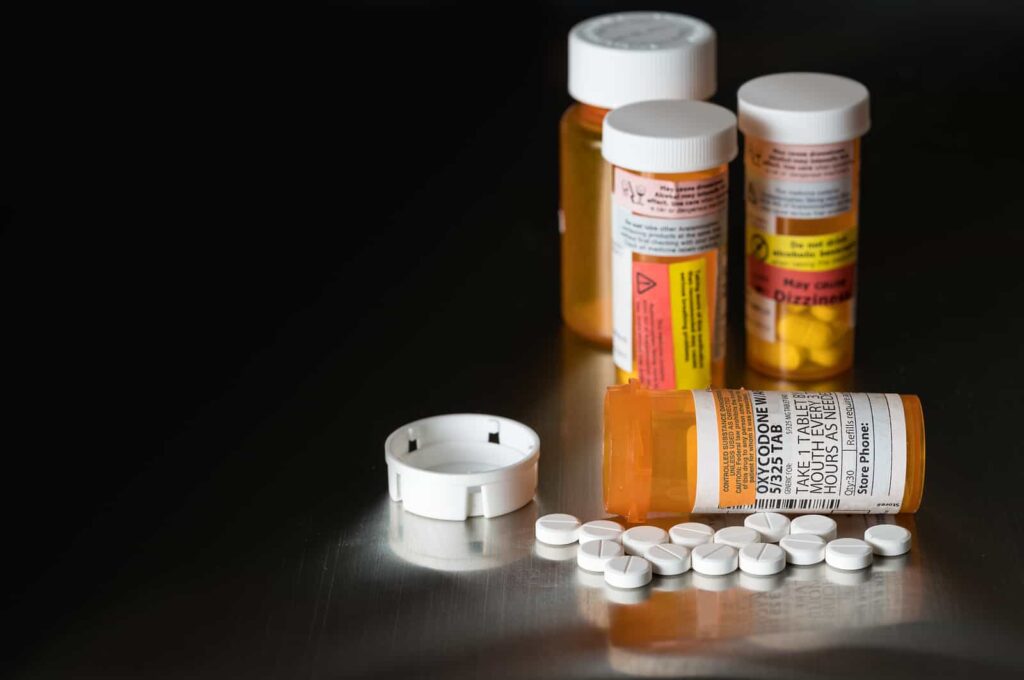
According to recent statistics from the Center for Disease Control (CDC), the opioid epidemic caused more than 33,000 opioid overdose deaths in a single year. But, the people and families affected by these deaths may not be who you think they are. That’s because the CDC also found that nearly half of all opioid overdoses involve prescription painkillers – not street drugs like heroin.
In this post, we’ll share more statistics from the CDC that will help you understand just how far-reaching the opioid epidemic in America has become. However, our intent is not to scare you with this information. Rather, our goal is to educate you about the increasing prevalence of opioid addiction, so you can intervene on behalf of your friends and loved ones before they become statistics.
1. Prescription Opioid Deaths Quadrupled Since 1999
To understand how the opioid epidemic in America came to be what it is today, we must look at the past. Chances are, you or someone you know was prescribed a prescription opioid painkiller within the last 15-20 years.
OxyContin®
Percocet®
Vicodin®
Demerol®
If any of these opioid painkillers sound familiar to you, there is a very good reason for that. Drug companies spend a fortune on marketing to make sure these brands are household names. And, make no mistake about it, prescription pain relievers do a remarkable job helping people manage chronic pain associated with injuries or surgeries. Unfortunately, they also have an incredibly high potential for abuse. This, combined with high prescription rates, is part of the reason prescription opioid drug addiction and overdose deaths are at historically high levels today.
2. Opioid Painkiller Addicts are 40x More Likely to Be Heroin Addicts
Because of the highly addictive nature of prescription opioids, many people who began using the drugs for legitimate reasons suddenly find themselves hooked. When their prescriptions run out, they may go from doctor to doctor hoping to get another script. Or, increasingly, they could turn to an illicit opioid like heroin, which is cheaper and easier to get.
This introduces a new compounding factor to the opioid overdose epidemic. Heroin purchased on the street is often laced with fentanyl, a synthetic opioid between 50 and 100 times more powerful than morphine. To make matters worse, users are commonly unaware that their heroin contains fentanyl. So, even what would be considered a normal dose can be enough to cause overdose or death.
3. Opioid Overdoses Kill 91 Americans Every Day
In a single year, opioid overdose deaths meet or exceed the number of people killed in gun-related incidents. Opioid deaths are also on par with the number of people who die in car accidents. These numbers speak for themselves.
You are just as likely to know someone who dies in a car accident or shooting as you are to know someone who dies from an opioid overdose.
And this is precisely the problem. Despite the prevalence of opioid drug deaths, we still have a tendency to stigmatize addicts instead of embracing the problem head on and helping them get the treatment they need. Addiction does not discriminate; it affects people from all walks of life, and until we come to terms with this collectively as a country, we can’t expect to see these trends reverse anytime soon.
Learn More about Opioid Addiction Rehab at The Raleigh House
At The Raleigh House, our comprehensive opioid recovery program focuses on improving your mental, physical and emotional health, as well as your interpersonal relationships. That’s because we believe effective opioid addiction recovery means caring for the person as a whole, not just the addiction itself. If you or someone you love is struggling with an opioid addiction, we can help.




